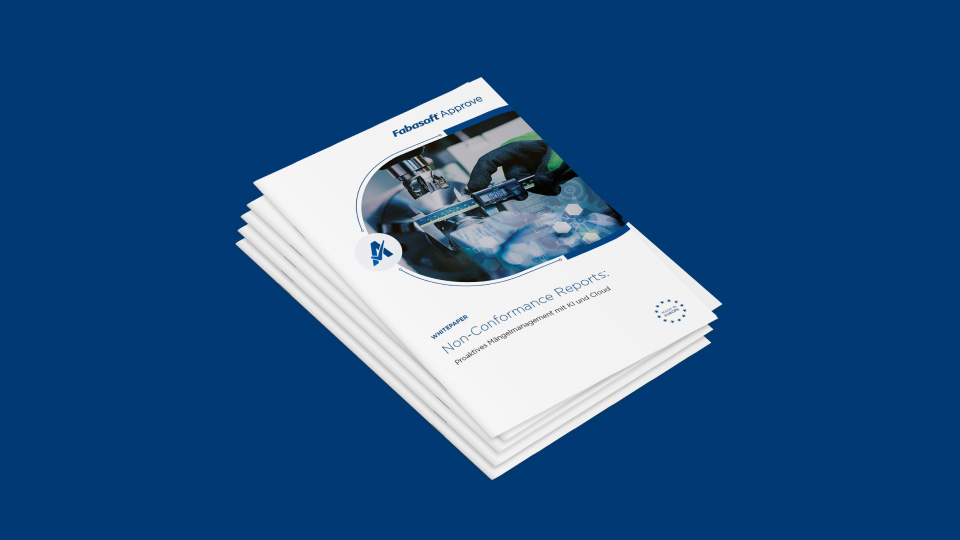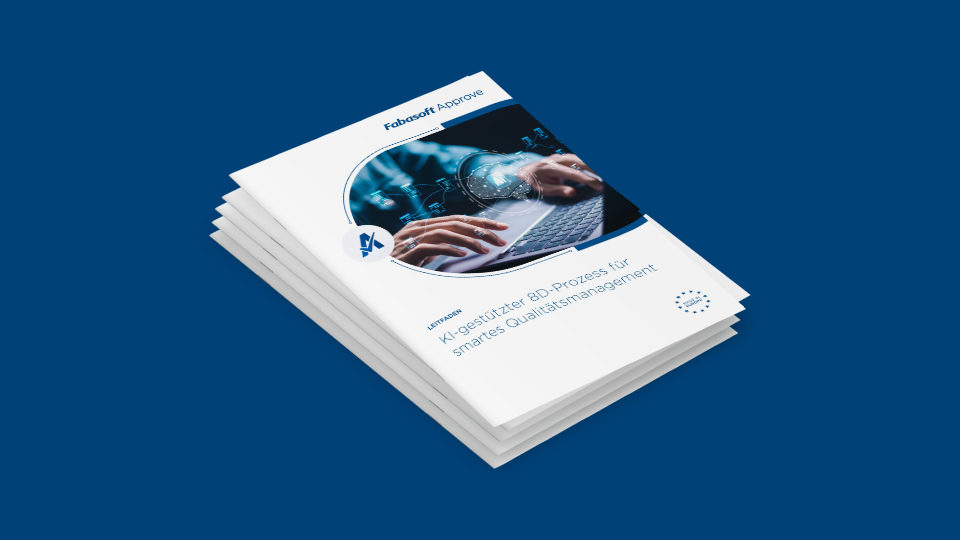Contracts contain a large number of obligations that companies must fulfill in order to avoid legal, economic and reputational risks. In addition to the direct, agreed services, these also include legal requirements, internal guidelines and industry-specific standards.
In order to adhere to these compliance requirements and consequently prevent financial losses (including contractual penalties, loss of sales or claims for damages), all agreements need to be reviewed and monitored on an ongoing basis. However, with the increasing number and complexity of regulations, this can no longer be done manually. Examples, including the German LkSG (Lieferkettensorgfaltspflichtengesetz), the new EU regulation DORA (Digital Operational Resilience Act) in the financial sector or the already well-known GDPR, clearly demonstrate the need for process digitalization.
Robin Schmeisser, Managing Director of Fabasoft Contracts GmbH, one of Europe's leading providers of contract management software, explains how modern, digital contract management can help companies speed up their processes while complying with existing due diligence obligations:
1. Bundle contract-relevant information in one place
To ensure that all information remains manageable, companies must create a "single point of truth" with a digital contract archive in which all documents are stored in an audit-proof manner. This forms the basis for managing both the existing contract portfolio and the future creation of agreements in compliance with regulations. When new contracts are created, the individual metadata for each business case is automatically added to the document once it has been entered directly into the digital contract file. In addition, the use of contract templates and clause libraries ensures that all necessary and currently valid specifications are taken into account. The templates are set up by the legal experts in advance and changes to the text passages are only made by the authorized persons in the respective context. This not only reduces manual effort, but also minimizes the risk of errors.
2. Establish digital business processes
In order to reliably comply with legal and organizational requirements such as test steps, risk assessments or approval guidelines, structured processes also provide support. This means that all departments to be involved in accordance with compliance regulations (including Legal, Purchasing or other areas) are evidently included in the workflows.
The respective business case determines how the process runs. For example, the need for the dual control principle above a certain contract amount or the involvement of the CISO (Chief Information Security Officer) in software decisions.
Digital workflows are also used in supplier management: these enable verifiably careful sourcing of new suppliers. For example, in the form of a controlled security check for providers of critical IT services (DORA) or an automated reminder of expiring certificates and certificates that need to be renewed (e.g. at the LkSG). Once the agreements have been successfully generated, the signing process is fast, secure and traceable thanks to advanced, or where required, qualified electronic signatures.
3. Create automated reporting
For ongoing contracts, companies need to carry out regular monitoring and reporting in order to maintain an overview of compliance risks. If all relevant information is already stored in the digital file in advance, this can be done at the touch of a button. The use of automated evaluations is particularly useful when companies are subject to reporting obligations, such as for data processing, or for annual and ad hoc audits.
In addition, risk evaluations or other reports can be shared with the supervisory authorities easily and without media discontinuity by using the "external area" of Fabasoft Contracts. All internal and external parties have access to the documents and records stored in password-protected data rooms, which never leave the secure cloud.
Conclusion
Compliance requirements define uniform procedures and rules that serve to protect companies and their stakeholders. If companies behave compliantly, they minimize legal and economic risks on the one hand and strengthen their customer relationships in the long term on the other. Contract management software helps to monitor new and ongoing agreements and thus fulfill due diligence obligations at all times. By defining the right digital processes, this can be done quickly, efficiently and in an audit-proof manner.




